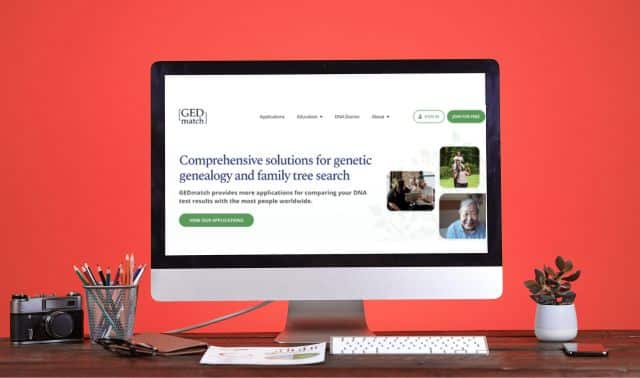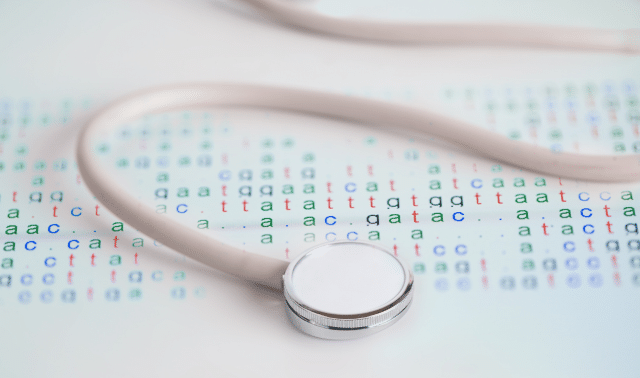Sign up for the Family Tree Newsletter Plus, you’ll receive our 10 Essential Genealogy Research Forms PDF as a special thank you!
Get Your Free Genealogy Forms
"*" indicates required fields

Q: I suspect my great-grandfather isn’t my grandfather’s biological father. If I join a DNA surname study for that line, will I skew the results?
A. Don’t worry about wrecking the study — surnames often have multiple origins. This is especially true for common names, such as those based on occupations (Miller), given names (Johnson) or traits (Brown). Even unusual names often turn out to be surprisingly diverse. For example, the first 19 participants in the Gibbs Surname DNA Project represented 12 distinct lineages. Such projects often turn up several clusters of matches, plus many singletons who haven’t found matches (yet!).
On the other hand, we’d expect a different pattern for a surname believed to have a single origin hundreds of years ago: one large group of close matches, and a smattering of results that match just a few others, or perhaps no one at all, because of nonpaternity events. That’s exactly what Bryan Sykes, author of The Seven Daughters of Eve (W.W. Norton & Co.) and Adam’s Curse (W.W. Norton & Co.), found when he studied a sample of 48 men with his surname in Yorkshire, England. Twenty-five men matched or differed by only one mutation, while the remaining 23 represented more than 10 different Y-DNA signatures. The addition of one more Y-DNA signature — even one that’s existed for just a few generations — wouldn’t obscure the overall picture of a single large cluster. Sykes calculated a nonpaternity rate of 1.3 percent per generation would account for this distribution.
Most project administrators welcome all participants who carry the surname, even if it’s been used for only one generation, as in cases of adoption or an unknown biological father. After all, the name is legal, and future generations will look to the project’s database for matches. One more tip: If you take part in the DNA study, be sure to set your personal preferences to include matches with other surnames.
ADVERTISEMENT
From the September 2008 Family Tree Magazine
ADVERTISEMENT




